Navigating Life’s Most Sensitive Legal Moments with Clarity and Confidence
When relationships change, challenges arise, or families transition into new chapters, the legal aspects of those moments can feel overwhelming. Understanding family law and its role during these times is…
